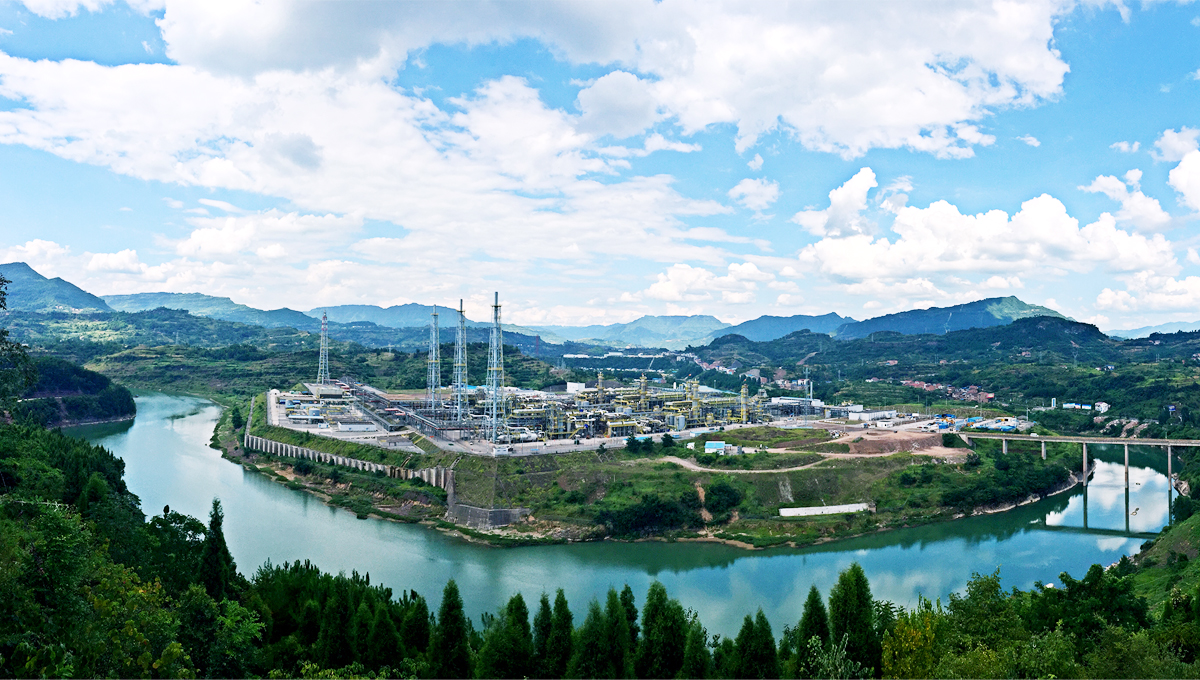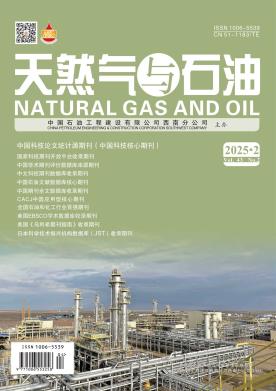【氢能】流固耦合作用对地下储氢库储盖层岩石 微观力学性质的影响
Effect of fluid-solid coupling interaction on micromechanical properties of reservoir and cap rock in underground hydrogen storage
浏览(16839) 下载(30)
- 引用格式:
-
邹才能,穆英,潘松圻,胡志明,端祥刚,袁铭,王珊,高云丛,唐永炳.【氢能】流固耦合作用对地下储氢库储盖层岩石 微观力学性质的影响[J].天然气与石油,2024,42(5):106-113.doi:10.3969/j.issn.1006-5539.2024.05.015
ZOU Caineng, MU Ying, PAN Songqi, HU Zhiming, DUAN Xianggang, YUAN Ming, WANG Shan, GAO Yuncong, TANG Yongbing.Effect of fluid-solid coupling interaction on micromechanical properties of reservoir and cap rock in underground hydrogen storage[J].Natural Gas and Oil,2024,42(5):106-113.doi:10.3969/j.issn.1006-5539.2024.05.015
- DOI:
- 10.3969/j.issn.1006-5539.2024.05.015
- 作者:
- 邹才能1 穆英2,3 潘松圻3 胡志明1 端祥刚1 袁铭1,3 王珊2,3 高云丛3 唐永炳2
ZOU Caineng1, MU Ying2,3, PAN Songqi3, HU Zhiming1, DUAN Xianggang1, YUAN Ming1,3, WANG Shan2,3, GAO Yuncong3, TANG Yongbing2
- 作者单位:
- 1. 中国石油勘探开发研究院, 北京 100083; 2. 中国科学院深圳先进技术研究院, 广东 深圳 518055; 3. 中石油深圳新能源研究院有限公司, 广东 深圳 518054
1. PetroChina Research Institute of Petroleum Exploration & Development, Beijing, 100083, China; 2. Shenzhen Institute of Advanced Technology, Chinese Academy of Sciences, Shenzhen, Guangdong, 518055, China; 3. PetroChina Shenzhen New Energy Research Institute Co., Ltd., Shenzhen, Guangdong, 518054, China
- 关键词:
- 地下储氢库;枯竭油气藏;流固耦合作用;纳米压痕技术;微观力学性质
Underground hydrogen storage (UHS); Depleted oil and gas reservoirs; Fluid-solid coupling interaction; Nanoindentation technology; Micromechanical properties
- 摘要:
枯竭油气藏型地下储氢库被公认为最具前景的大规模储氢方式。长期储氢过程中的流固耦合作用是影响地层长期稳定性和评估储氢效果的重要因素。利用纳米压痕技术探究气体介质和含水特征的差异对不同岩石微观力学性质的影响,进而评估最佳储氢工况。陆相页岩具有比杂砂岩和长石砂岩更强的硬度和更高的弹性模量,流固耦合作用能够显著提高储层岩石的结构稳定性,但是过大的反应强度也增加了氢损失。水及其中的氢离子和弱酸性阴离子是氢气与岩石发生反应的重要介质,有利于提高反应强度。甲烷可以附着在黏土、长石等矿物的颗粒和孔隙表面,减少与无机矿物接触并发生反应的氢气含量,使得反应更加复杂。综合考虑流固耦合作用对地层稳定性的影响和长期储氢过程中的氢气损耗,地层含水饱和度较低且具有甲烷作为垫层气的枯竭气藏可能是一种较为理想的大规模地下储氢构造。研究结果有助于筛选最优储氢工况,为枯竭油气藏型储氢库的选址和建设提供参考。
The underground hydrogen storage (UHS) in depleted oil and gas reservoirs is widely acknowledged as the most promising method for large-scale hydrogen storage. The fluid-solid coupling effect during the long-term hydrogen storage plays a crucial role in influencing the long-term stability of the formation and assessing the efficacy of hydrogen storage. Utilizing nanoindentation techniques, this study investigates how variations in gas medium and water bearing characteristics affect the micromechanical properties of different rocks, subsequently evaluating optimal conditions for hydrogen storage. Continental shale exhibits superior hardness and a higher elastic modulus compared to greywacke and feldspathic sandstone. Fluid-solid coupling significantly enhances the structural stability of reservoir rocks; however, excessive reaction intensity may lead to increased hydrogen loss. Water, along with its H+ ions and weak acid anions, serves as an important reaction medium between hydrogen and rock materials, enhancing reaction intensity. Methane can adhere to mineral surfaces such as clay particles and pores, which reduces the amount of hydrogen available for interaction with inorganic minerals, further complicating these reactions. Taking into account fluid-solid coupling’s impact on formation stability and potential hydrogen loss during prolonged storage periods, depleted gas reservoir with low water saturation and methane as cushion gas may be an ideal large-scale underground hydrogen storage structure. These research findings are instrumental in identifying optimal conditions for hydrogen storage while providing valuable insights for site selection and development of depleted oil and gas reservoir-based hydrogen storage.



